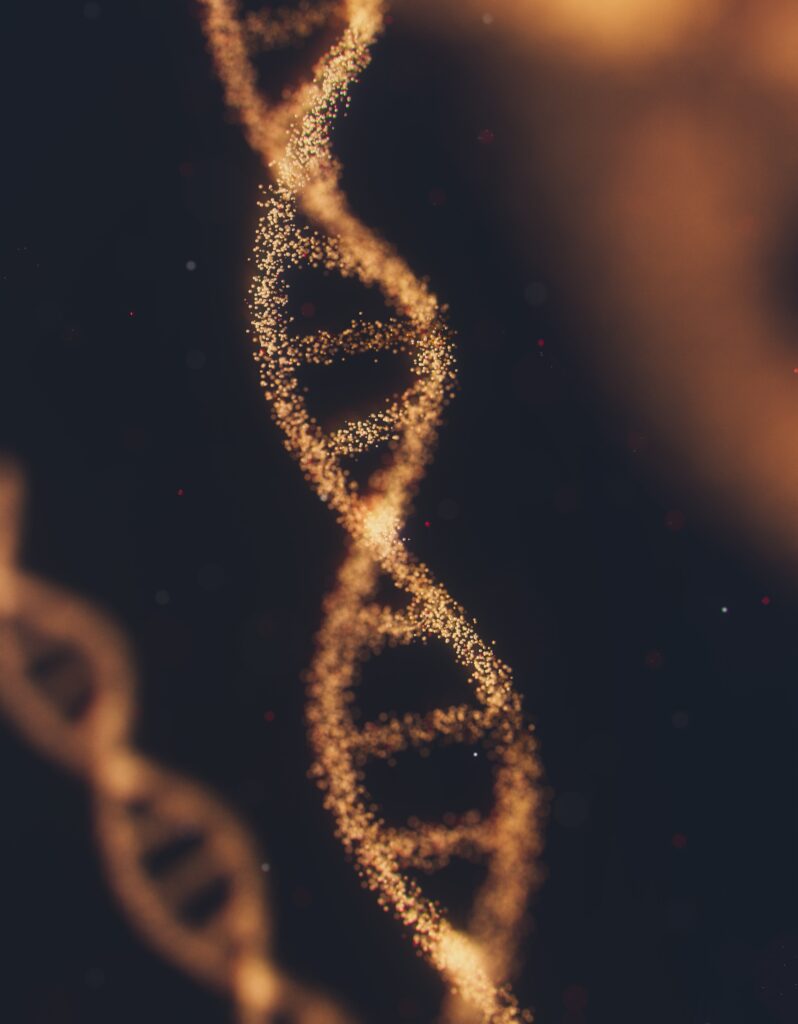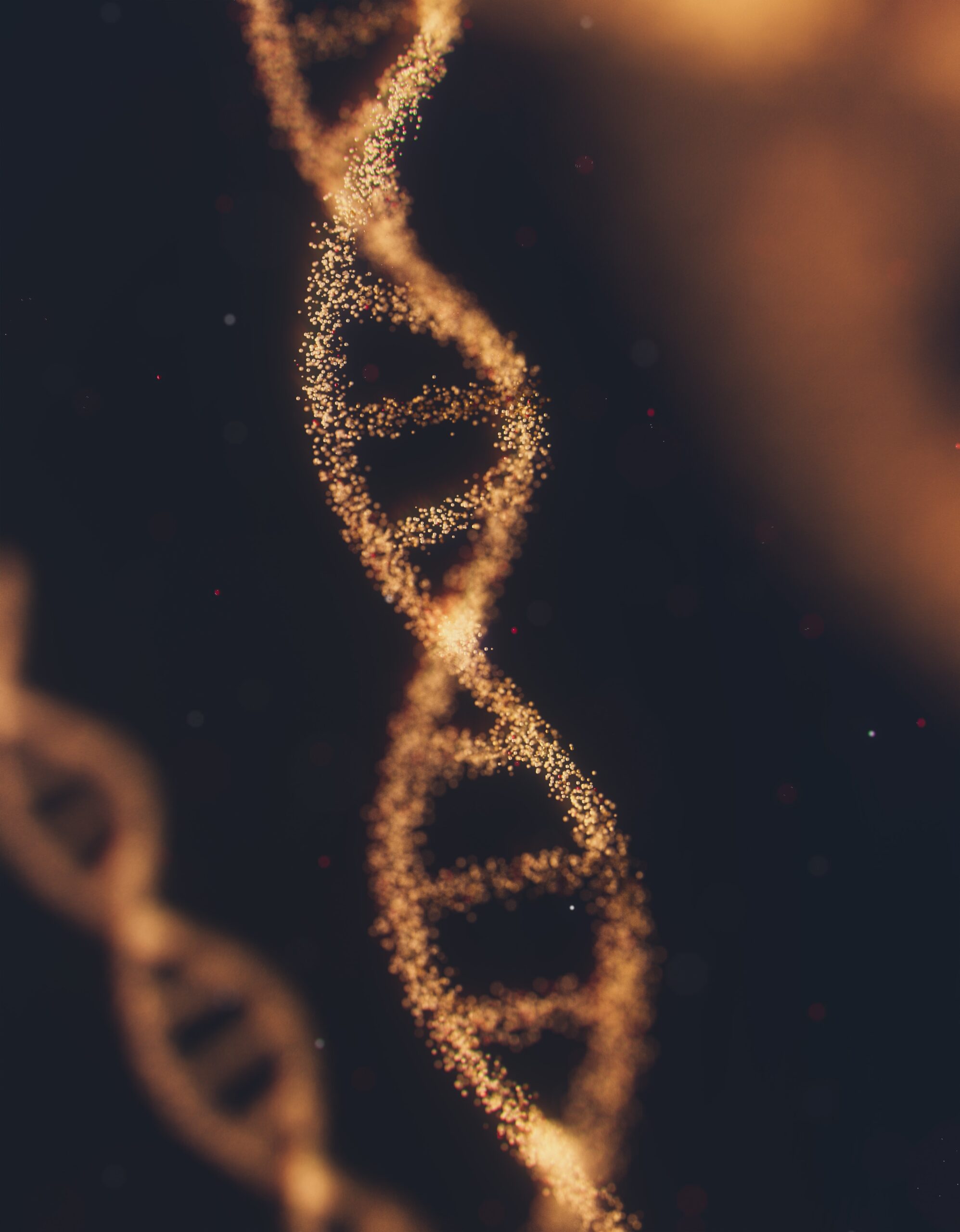Tell The Truth–Before Your DNA Does

What if a total stranger tells you he thinks you’re his second cousin?
When my daughter Maggy decided to do genetic testing with 23andMe, she was hoping to learn more about her ancestry. What she didn’t expect was that submitting her saliva for testing would provide the missing link in another man’s search for his grandfather.
When you use a service like 23andMe, they send you a list of potential relatives who can send a message through the testing service. One day Maggy got a message from a man (I’ll call him Jim) who was born and raised in a small Alabama town near where all her mother’s people were from. Since the testing suggested that he and Maggy were second cousins, Jim wanted to know if any of Maggy’s ancestors had lived near that small Alabama town (they had), and if she would be willing to share the name of her great-grandparents (she was).
Maggy was more than curious, and since there were plenty of unanswered questions and more than a few secrets in her family line, Pam, her mother, was up for meeting a potential first cousin once removed. Jim lived and worked in New York, so we made a plan to get together for lunch—at a Southern restaurant, of course!
Maggy, Pam and I arrived a shade early, sipping sweet iced tea as we waited for Jim. There was an immediate connection, and after some light-hearted conversation about how he wound up north of the Mason-Dixon line, Jim came to the point. Before his death, his father, an adopted child, had discovered that his “aunt” was in fact his biological mother. She had gotten pregnant in 1937, given her baby to her brother and his wife to raise, and pretended to be his father’s “aunt.” When Jim was born, he knew her as his “great aunt”, and when it was revealed that the “aunt” was his father’s biological mother, things added up. “She used to dote on me and my brother, give us money and Christmas presents,” he said. “Now I know why. She was my grandmother!”
That grandmother, that mother took the secret of the father to the grave. But Maggy’s DNA led Jim to conclude that one of Pam’s uncles was, in fact, his grandfather. That whole generation was long gone. Now only DNA could ripple backward in time and identify a father. There at the restaurant table, by a process of elimination, we all agreed: we pointed to a man on the genogram. Jim began to tear up.
It is impossible to discern those tears. After such a search, they were doubtless tears of triumph, tears of homecoming, finding a lost father, grandfather. But also perhaps tears of anger, of shame. Children tend to blame themselves for what adults do to them. And yet, as we talked about the how and why of it all, we kept coming back to the sheer enormity of the lie, and how tortured this mother must have been, not to reveal herself to her son, to her grandsons, all her life to shed the tears of Jochebed, Moses’ mother, who had to pretend to be only his nurse.
And we came back to the old, old theme of the lost or disappearing father. Did Pam’s uncle even know he was a father? Did he care? Did he cry too?
Best tell the truth. The lies we tell to hide our shame, even to “protect” the young and vulnerable only multiply the harm. And now that genetic testing is so popular, we are foolish to try to withhold the truth. It will come back to haunt us, now likely before the grave.

Wow, what a story, David. A sad tale beautifully told. So glad I read this this morning. Just after reading, in Genesis 49, Jacob’s “blessing” of his sons just before his death. Your words and those words had an eerie echo.
I’ve wondered so often of the focus, the obsession with genealogy in the scriptures. I was musing on this, closed the Bible and opened your post.
Yeah–that was my sense from talking with Jim–that these searches for our mothers and fathers are so primal and powerful. I think that’s why the Psalm tells us so memorably, that God is “father to the fatherless.”
My spouse resisted doing an Ancestry DNA study. “I’m Irish and French, no question,” she said. Except, apparently, there was. I got her one for a birthday present. She took it. Turns out, she’s less Irish than she thought, no French, but 51% Portuguese. What???? Less than a year later, she discovered that her father was not her biological father and the man who was her biological father had sired three daughters, six months apart, two out of wedlock. Both her biological and parental fathers as well as her mother have long since died, but it’s been a bumpy emotional ride nevertheless.
My grandmother always said, “Live your life as if everyone will know everything about you because eventually, everyone will.” Turns out, she was right. And, that was long before Ancestry and 23andMe.
My, every story like this is so remarkable—that people had to create whole other life narratives, and keep up the story line. Even though all those folks have died, it’s still hard on your spouse to work through something like this.
Holy mackerel that was fascinating! Good of Maggy to be so willing. In AA they say it’s the lies that will kill you (or take you back out – which in my case would lead to death) and I can attest to that from personal experience – even the little tiny white ones I have to be wary of. It’s amazing how lies can snowball and pretty soon there’s just too much deceit to ever be able to find your way back to the truth.
Yeah, addicts have to lie since they’re living a hidden life. I love how your sobriety teaches you to avoid even the little deceits. Or if you find you’re pushing a tiny lie…to stop and tell someone the truth.
I have heard it said that no one has a good enough memory to be a good liar. Somehow the truth usually manages eventually to wiggle it’s way out of the box we put it in!